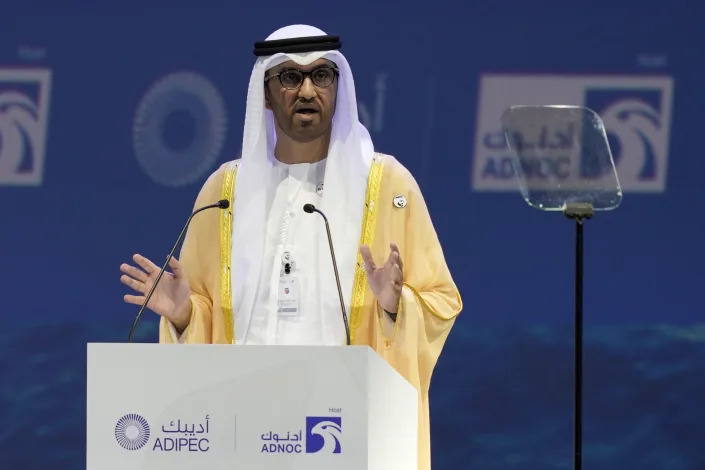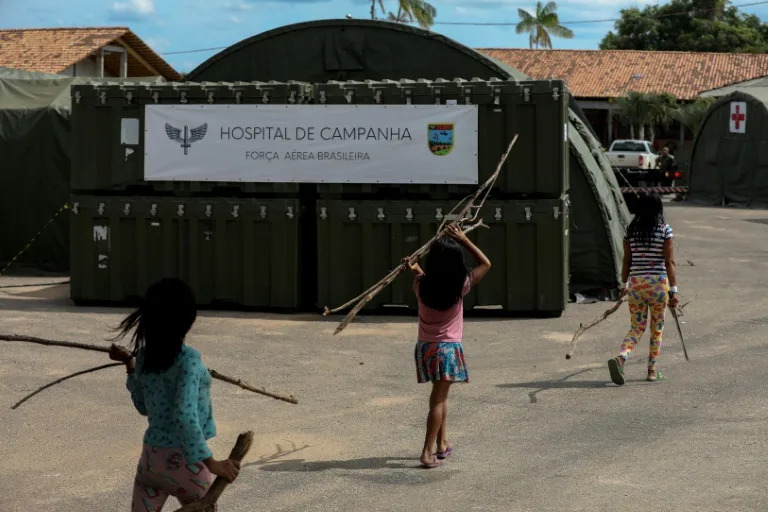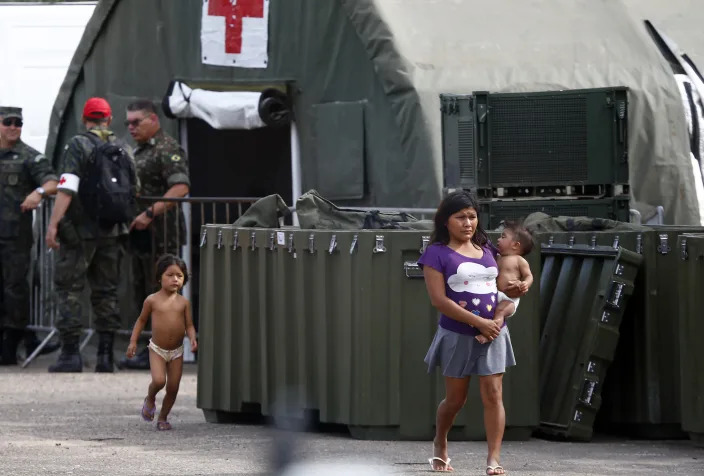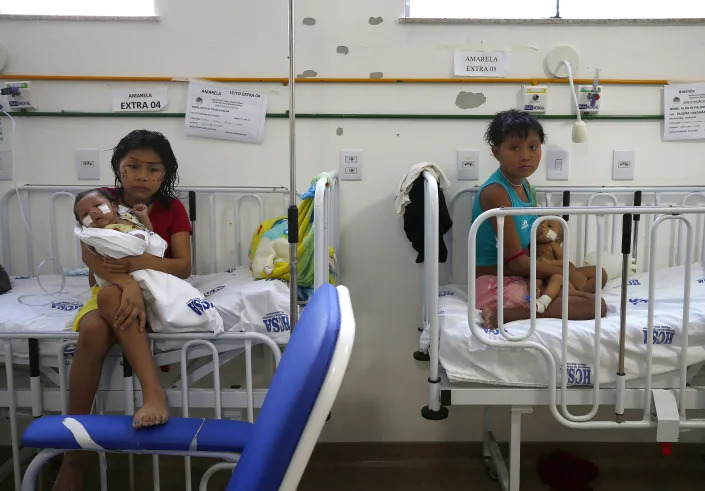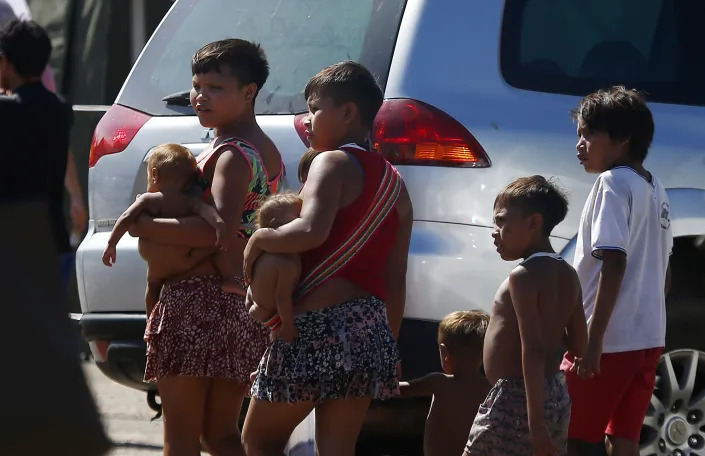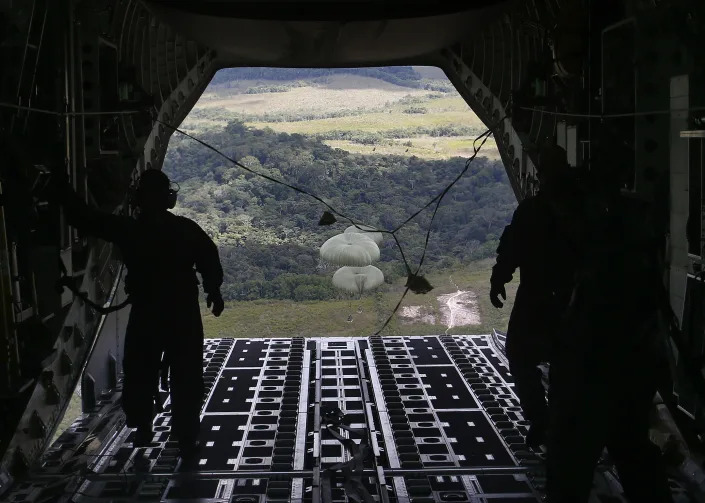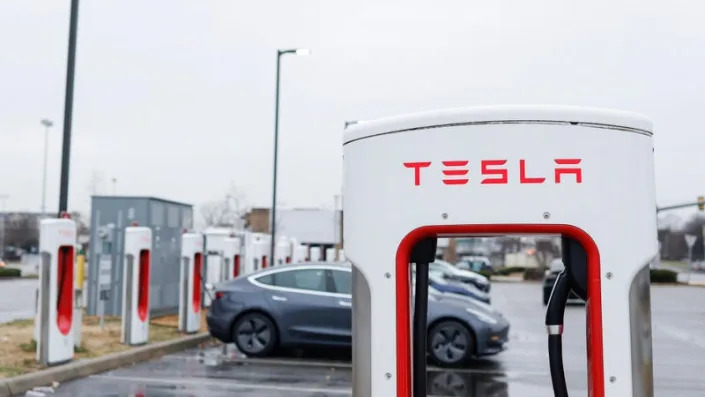Devika Rao, Staff writer
THE WEEK
Thu, January 26, 2023
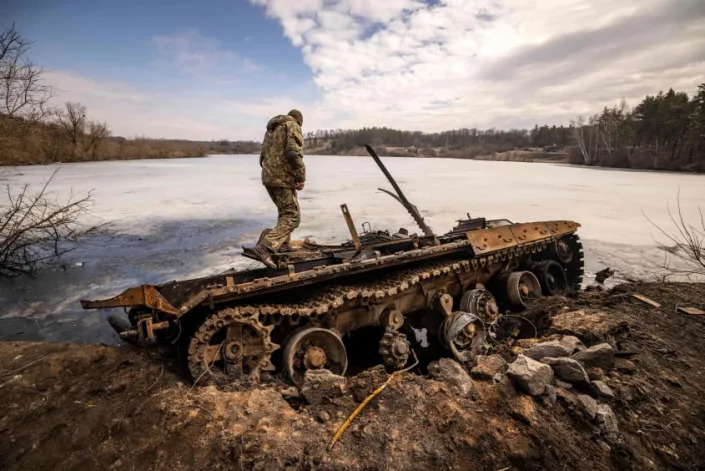
A destroyed Russian tank
Thu, January 26, 2023

A destroyed Russian tank
FADEL SENNA/AFP via Getty Images
Russia's exports of oil and natural gas have long been used as a "weapon of financial war" against Ukraine. However, an unlikely ally has entered the mix on Ukraine's side: climate change. Here's everything you need to know:
What kind of hold does Russia have on the energy market?
Russia is the third-largest producer and the second-largest exporter of oil. Europe, in particular, has been especially reliant on Russia for its energy needs. In 2021, over half of Russian oil exports went to Europe, accounting for approximately one-third of Europe's oil imports, per the International Energy Agency.
Since Russia's war on Ukraine began, the country's oil exports had been overall maintained, however, there has been a marked decrease in exports to the European Union. Some of the difference was made up by increased exports to India, China, and Turkey, but the West's sanctions on Russia have begun to take their toll.
"The EU's oil ban and the oil price cap have finally kicked in and the impact is as significant as expected," said Lauri Myllyvirta, lead analyst at the Centre for Research on Energy and Clean Air. "It's essential to lower the price cap to a level that denies taxable oil profits to the Kremlin, and to restrict the remaining oil and gas imports from Russia."
As for natural gas, Russia gradually reduced its exports to the EU after the beginning of the war as a "weapon of financial war," as described by The Wall Street Journal. By Oct. 2022, Russian pipeline deliveries were down 80 percent from the previous year. This is largely due to Russia cutting deliveries through the YAMAL-Europe and Nord Stream pipelines.
Russia has used its natural gas exports as leverage in the war against Ukraine hoping to use the winter to its advantage, but climate change may actually be playing a part in assisting Ukraine and the West.
Russia's exports of oil and natural gas have long been used as a "weapon of financial war" against Ukraine. However, an unlikely ally has entered the mix on Ukraine's side: climate change. Here's everything you need to know:
What kind of hold does Russia have on the energy market?
Russia is the third-largest producer and the second-largest exporter of oil. Europe, in particular, has been especially reliant on Russia for its energy needs. In 2021, over half of Russian oil exports went to Europe, accounting for approximately one-third of Europe's oil imports, per the International Energy Agency.
Since Russia's war on Ukraine began, the country's oil exports had been overall maintained, however, there has been a marked decrease in exports to the European Union. Some of the difference was made up by increased exports to India, China, and Turkey, but the West's sanctions on Russia have begun to take their toll.
"The EU's oil ban and the oil price cap have finally kicked in and the impact is as significant as expected," said Lauri Myllyvirta, lead analyst at the Centre for Research on Energy and Clean Air. "It's essential to lower the price cap to a level that denies taxable oil profits to the Kremlin, and to restrict the remaining oil and gas imports from Russia."
As for natural gas, Russia gradually reduced its exports to the EU after the beginning of the war as a "weapon of financial war," as described by The Wall Street Journal. By Oct. 2022, Russian pipeline deliveries were down 80 percent from the previous year. This is largely due to Russia cutting deliveries through the YAMAL-Europe and Nord Stream pipelines.
Russia has used its natural gas exports as leverage in the war against Ukraine hoping to use the winter to its advantage, but climate change may actually be playing a part in assisting Ukraine and the West.
How is climate change affecting the war?
One of the biggest consequences of climate change is the overall warming of global temperatures. This is due to greenhouse gases like CO2 trapping excess heat in the atmosphere. Per NASA, 2022 was the fifth-warmest year to date.
As a result, what would normally be a brutally cold winter has become more tolerable, requiring less Russian energy to heat homes in Europe. "There's a traditional view in Russia that one of its best assets in warfare is general winter," explains Keir Giles, a senior consulting fellow at Chatham House. "Russia was counting on a winter freeze to bring Europe to its senses and convince publics across the continent that support for Ukraine was not worth the pain in their wallets."
The country hoped that the cold would reduce global support for Ukraine in exchange for access to Russian energy. "Because of sanctions, the Russian economy becomes ever more dependent on energy exports," said Thane Gustafson, professor at Georgetown University.
"The lack of foreign…investment, technology and money and experience of more difficult geographies and regions is just going to over time whittle away at the ability of the Russian oil sector to maintain production," said James Henderson, a researcher at the Oxford Institute for Energy Studies.
A former U.K. government energy official Adam Bell says the warmer temperatures essentially "bought Europe a year" of maintained resistance to Russia. "A colder December and January would have eaten through a lot of Europe's gas stockpiles, which could have led to a physical shortage of molecules," he said. However, the benefits won't last forever.
"More work needs to be done in efficiency. Homes and businesses need buildings that waste less energy through insulation. Companies need to switch manufacturing processes away from natural gas," Bell remarked.
How is Russia prompting the energy transition?
Climate change has prompted a greater push toward renewable energy. While the warmer winter requires less heating, the world is also aware that warm winters are not a good sign for the planet. Along with the potential ecological consequences, Europe is prompted to reduce reliance on Russian oil and gas in general.
In December, EU leaders moved to make permitting for solar and wind plants faster and easier as a response to the war and sanctions against Russia. "The emergency regulation is an important [step] to accelerate renewable energy deployment, including in onshore wind," Susannah Wood, the Europe Vice President of Public Affairs at Norwegian developer Statkraft, told Reuters.
European solar power grew by 50 percent in 2022, reports EuroNews. Germany installed the most solar energy in the EU, a remarkable increase given that Germany was the largest oil purchaser in Europe previously. "Europe's vulnerability that was suddenly exposed existed because of a longstanding complacency by Western powers," says Giles. "This complacency left Russia with multiple open goals to kick at in major Western European capitals, most notably Germany,"
An unlikely ally, climate change, as put by CNN, "is robbing Putin of a trump card."


